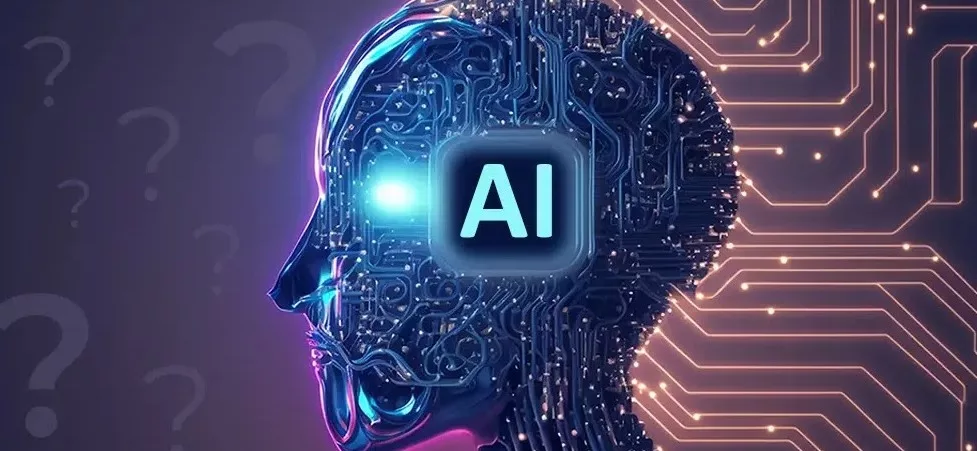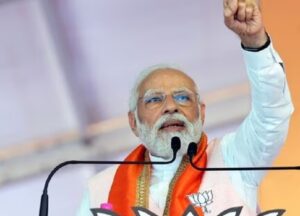Why are writers protesting against AI ?

Why are writers protesting against AI ?
By: Pune Pulse
November 15, 2023
Pune: The writers have been asked this question a lot: do they think AI will take their place as authors? Some people fear what lies ahead for them. Others are interested in learning how they plan to deal with becoming outdated soon. Some others ask before they have even finished responding, their opinions already formed. “But you cannot fight progress,” they say.
AI won’t take their place. This acknowledges that once AI can do something, the definition of creativity will change rather than being naive about what AI will eventually be able to do. As usual, they will shift the goalposts farther or in a different direction. Deep down, they believe that this change stems from the importance of process in the creative process.
Many believe that the book, short story, or other finished work they publish in the world is the aim of writing. However, the secret to art is the mutually beneficial relationship that exists between process and thought: a never-ending cycle in which process shapes thought and thought shapes process.
What does this mean for people (actually, those who are already doing it) who believe they can type in an idea and have AI generate a novel for them? It indicates that they are failing to see what is the fundamental significance of creation: the transformation of oneself, one’s viewpoint, and one’s perception of the world. Why do they write a novel through 24 drafts? Composing a coherent sentence is not difficult. They write draft after draft because they are trying to find the right sentence, and becoming the right person to write a book is the only way to discover it.
However, without going through every draft that came before it, no one can reach the finished product, the final draft that they walk away from. They change and reform the thought patterns and ideas which flow down different neural pathways with every incorrect sentence, poor structure, and missing piece of information. One tiny step at a time, they become the right people.
Creation has a fundamental, painful, and perplexing quality that cannot be eliminated and can only be reconciled through process. There are no shortcuts.
Also, nobody is against progress. They are merely asserting that they have the authority to define progress and the beneficiaries of it. Let’s not cede that authority.
Evolution of AI in India
Since the advent of advanced methods and algorithms, the field of artificial intelligence has advanced enormously. For clustering, regression, identification, classification detection, translation etc, several AI-based algorithms were employed.
As per a report by TeamLease, Artificial intelligence was projected to have a $136 billion global market in 2022, and between 2023 and 2030, it is projected to grow at a compound annual growth rate (CAGR) of 37%. The report states that in 2022, AI-generated revenue in India was $12.3 billion. Furthermore, by the end of 2025, the nation’s AI software market is predicted to expand at a compound annual growth rate of 18%.
By 2035, artificial intelligence is predicted to boost the Indian economy by $967 billion. By 2025, an estimated $450–500 billion will have been added to the country’s GDP, or 10% of the $5 trillion GDP target. Meanwhile, according to TeamLease Digital’s iCET-Forces Shaping Future of Technology report, artificial intelligence is expected to boost the world economy by $15.7 trillion by 2030.
AI in Writing
In a world where technology is developing at a rate never seen before, the idea of AI-generated books/articles has drawn attention and raised concerns. Is it appropriate for AI to write?
Imagine an intricately programmed machine creating a gripping narrative or educational nonfiction. Although it may sound like science fiction, artificial intelligence, or AI, has already had a big impact on the literary world.
With the emergence of various software such as ChatGPT, Microsoft Bing Chat, Claude, Amazon’s new language model, Meta Llama2, BERT, and any number of other software, it’s undeniable that language models for artificial intelligence have advanced significantly in recent years and are getting better every day.
How AI Affects Writers?
Efficiency is the most evident and alluring benefit of AI-generated books. AI is capable of producing text at a rate and volume faster than humans. For writers who are strapped for time, facing deadlines, or needing to generate a significant amount of content, this could be a game-changer.
AI is capable of producing content in multiple languages, adapting to different genres, and even mimicking the writing styles of different authors. This implies that authors can use a single AI tool to test out different writing styles and appeal to a wide range of readers.
It can be costly to hire a human writer, especially for short pieces of content, specialized subjects, or projects with tight budgets. AI-generated books provide an affordable substitute, democratizing the publishing industry and opening up writing to more people.
What Could be the Future?
The publishing industry and the writer job market have been significantly impacted by the rise of AI in writing. Even though AI writing is still in its infancy, it has the power to drastically alter our perceptions of writing as a profession and of the place of writers in society.
The creation of content is one of the most visible effects of AI on the publishing sector. Artificial intelligence (AI) has the potential to upend the conventional publishing model, which has traditionally relied on a small number of extremely talented writers to produce content, by being able to generate high-quality writing at scale. The demand for human writers may decline and the power dynamic between authors and publishers may change if AI-generated content becomes the norm in the future.
It’s crucial to remember, though, that AI does not always pose a threat to human writers. The creativity, empathy, and emotional depth that are characteristics of great literature cannot be replicated by technology, even though it may be able to produce writing of a high caliber. Because of this, even though they will do so in different ways than in the past, human writers will probably still be essential to the publishing industry.
Editing and curation is one field where human writers might be able to find new opportunities. There will be a greater demand for knowledgeable editors and curators who can sort through the enormous volume of content produced by AI and select the works that are most deserving of publication.
All things considered, AI’s effects on the publishing sector and the employment landscape for writers are intricate and varied. Although technology has the potential to significantly disrupt the industry, it’s crucial to keep in mind that human creativity and talent will always be valued and that artificial intelligence (AI) is just one tool that writers can use to improve their craft.
Shreyas Vange









